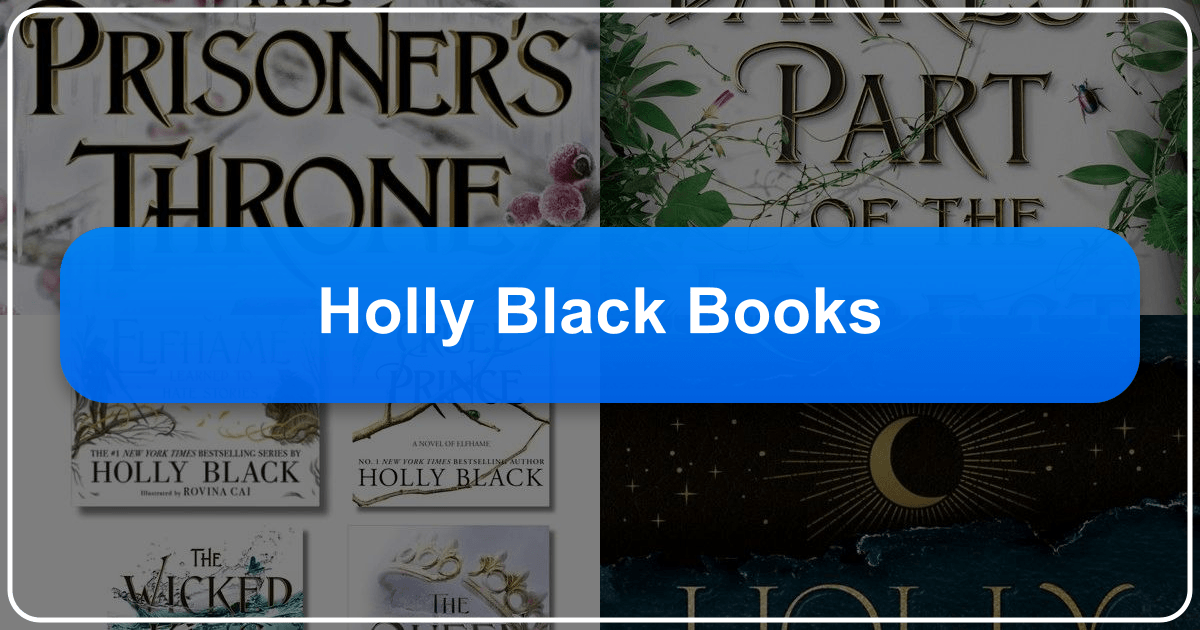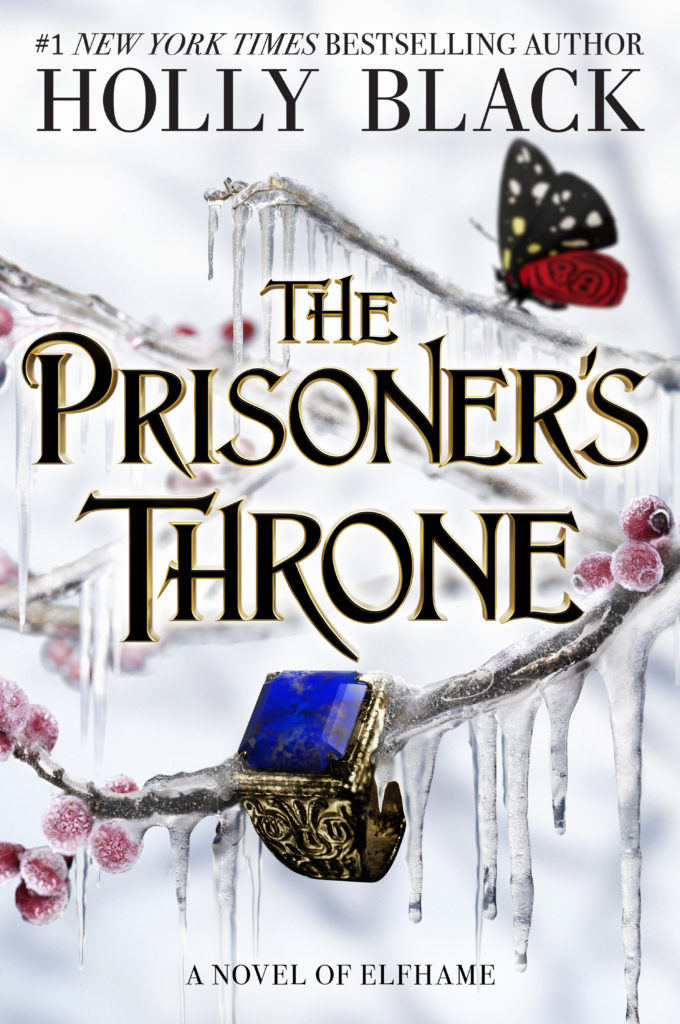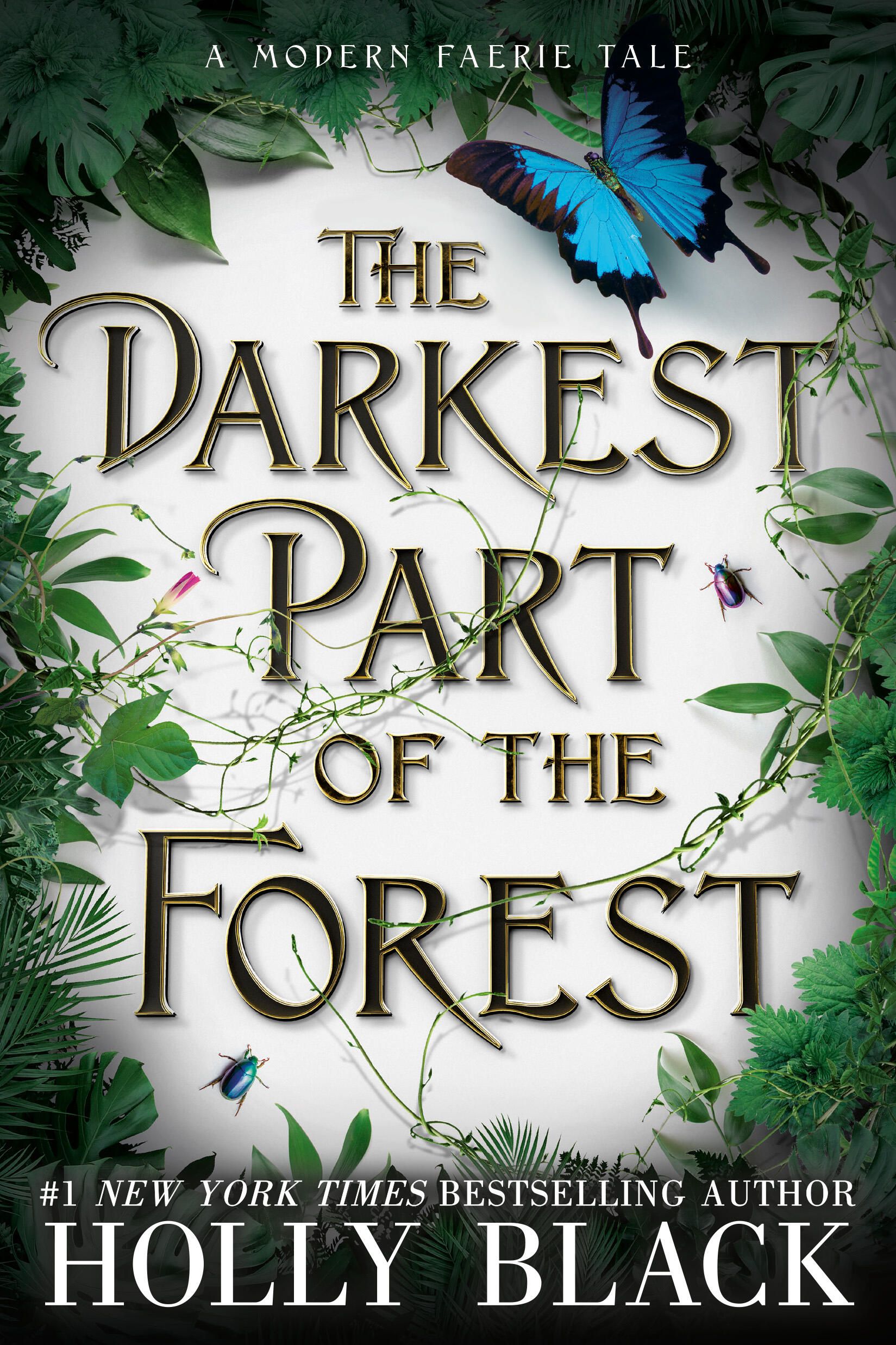Holly Black Books: A Deep Dive into the Worlds of a Master Fantasy Author

Holly Black, a #1 New York Times bestselling author, has captivated readers worldwide with her imaginative and often dark fantasy novels for children and teens. Her prolific career spans over thirty novels, earning her numerous accolades, including finalist positions for the Eisner and Lodestar Awards, and the prestigious Mythopoeic Award, Nebula Award, and Newbery Honor. Translated into 32 languages and adapted for film and television, Black’s work has left an indelible mark on the fantasy genre. This article explores the breadth and depth of Holly Black’s literary contributions, examining her books, writing style, inspirations, and cultural impact.
Exploring Holly Black’s Literary Universe: Genres and Themes

Holly Black’s works primarily fall under the fantasy genre, but she deftly weaves in elements of other genres, creating unique and compelling narratives. Her books for young adults often feature dark fantasy elements, exploring morally ambiguous characters and complex power dynamics within richly detailed fictional worlds. She frequently incorporates faerie lore, reimagining classic tropes and adding her distinctive twist to create captivating and unsettling realms. Her adult novels, like “Book of Night,” retain the hallmark fantasy elements but venture into the darker corners of the genre, delving into adult themes and exploring mature character relationships.
A recurring theme in Black’s work is the exploration of power, particularly the corrupting influence it can have. Her characters often grapple with difficult choices, navigating treacherous political landscapes and morally grey areas. This is evident in the “Folk of the Air” trilogy, where Jude, a mortal girl, navigates the treacherous world of Faerie, and in “Book of Night,” where Charlie Hall, a master thief, operates within a clandestine world of shadow magic. These narratives highlight the complexities of morality and the fine line between good and evil, often blurring the boundaries for a more nuanced perspective.

Black’s writing also explores the themes of identity, belonging, and self-discovery. Many of her protagonists are outsiders or underdogs, struggling to find their place in the world. This struggle often intertwines with their magical abilities or their involvement in the supernatural worlds she meticulously creates. Her characters are often forced to confront their past traumas and make difficult choices to forge their own identities and overcome their inner demons. This is particularly evident in the complexities of Jude’s journey in the “Folk of the Air” series and Charlie’s turbulent past in “Book of Night”.
Furthermore, Black’s work often touches upon the themes of family, friendship, and love, albeit often in unconventional and challenging ways. The relationships her characters forge are often tested by adversity and complicated by the morally ambiguous situations they find themselves in. These relationships, whether familial, platonic, or romantic, form the emotional core of her stories, providing a powerful counterpoint to the dark fantasy elements and driving the characters’ motivations.

Holly Black’s Book Catalog: A Diverse Range of Narratives
Holly Black’s extensive bibliography offers a variety of captivating reads for various age groups. Her young adult novels, known for their captivating blend of dark fantasy and intricate world-building, have earned her widespread recognition. Some of her most celebrated young adult works include the “Spiderwick Chronicles” (co-authored with Tony DiTerlizzi), the “Modern Faerie Tales” series, and the acclaimed “Folk of the Air” trilogy (“The Cruel Prince,” “The Wicked King,” and “The Queen of Nothing”). These stories showcase her ability to create intricate magical systems, compelling characters, and richly detailed worlds that resonate with young readers.
Black’s foray into adult fiction with “Book of Night” showcased a sophisticated exploration of mature themes, retaining the dark fantasy elements that define her work while pushing the boundaries of character development and narrative complexity. The success of “Book of Night” further solidified her position as a major figure in fantasy literature.
Holly Black’s Writing Style: A Masterclass in Atmospheric Prose
Holly Black’s prose is characterized by its evocative descriptions and immersive atmosphere. She paints vivid pictures of her fantastical worlds, drawing readers into the intricate details of her settings and allowing them to experience the sights, sounds, and emotions of her characters. Her use of language is precise and impactful, creating a sense of suspense and intrigue. She is a master of building tension, gradually unveiling the mysteries and secrets of her plots while maintaining a captivating pace.
Black’s distinctive writing style also includes her compelling characterization. Her characters are rarely simple good or evil figures. She creates characters that are complex, flawed, and often morally grey, making them relatable despite their involvement in extraordinary circumstances. Their internal struggles, their motivations, and their relationships with others are meticulously portrayed, drawing readers into their emotional lives. This emphasis on character psychology adds another layer of depth to her already richly detailed narratives.
Inspirations and Influences Shaping Holly Black’s Work
While Black’s writing style is unique, it is influenced by various literary sources and personal experiences. Her fascination with folklore and mythology, particularly Celtic and European faerie tales, is evident in many of her books. She draws on these traditions to create her fantastical worlds, reimagining and recontextualizing classic tropes in innovative ways. The depth of her world-building is remarkable, not just in the magical systems but also in the sociopolitical aspects of her societies.
Furthermore, Black’s personal experiences and observations of the world around her also seem to inform her narratives. The complexities of human relationships and the darkness that often lurks beneath the surface of everyday life are recurrent themes in her works. She often uses fantasy as a vehicle to explore these darker themes, creating stories that are simultaneously imaginative and deeply human.
Holly Black’s Cultural Impact: Awards, Adaptations, and Community
Holly Black’s impact on literature and popular culture is substantial. Her books have garnered critical acclaim and numerous awards, solidifying her place as a leading figure in the fantasy genre. The adaptation of her works for film and television further broadens her influence, exposing her imaginative storytelling to wider audiences.
The success of her books has also fostered a strong and dedicated community of readers. Many online forums and social media groups are dedicated to discussing her work, sharing interpretations, and engaging with other fans. This active community demonstrates the enduring power of Black’s writing and its ability to inspire connection and shared experiences among readers.
The Legacy of Holly Black’s Fiction: Literary Influence and Lasting Impact
Holly Black’s impact on the fantasy genre extends beyond her own published works. Her influence can be seen in the work of other authors, who have been inspired by her unique blend of dark fantasy, intricate world-building, and compelling character development. She has helped shape the contemporary landscape of young adult and adult fantasy fiction, demonstrating that dark fantasy can be just as compelling as more traditional, high-fantasy narratives.
In conclusion, Holly Black’s contributions to fantasy literature are substantial and far-reaching. Her imaginative storytelling, evocative prose, and nuanced characterization have captivated readers of all ages, leaving a lasting legacy that continues to inspire and entertain. Her books, awards, adaptations, and the thriving community they have generated, showcase the significant cultural impact of this incredibly talented author. The depth and complexity of her worlds and the moral ambiguities of her characters continue to resonate with readers, ensuring her place as a key figure in the evolution of the fantasy genre.